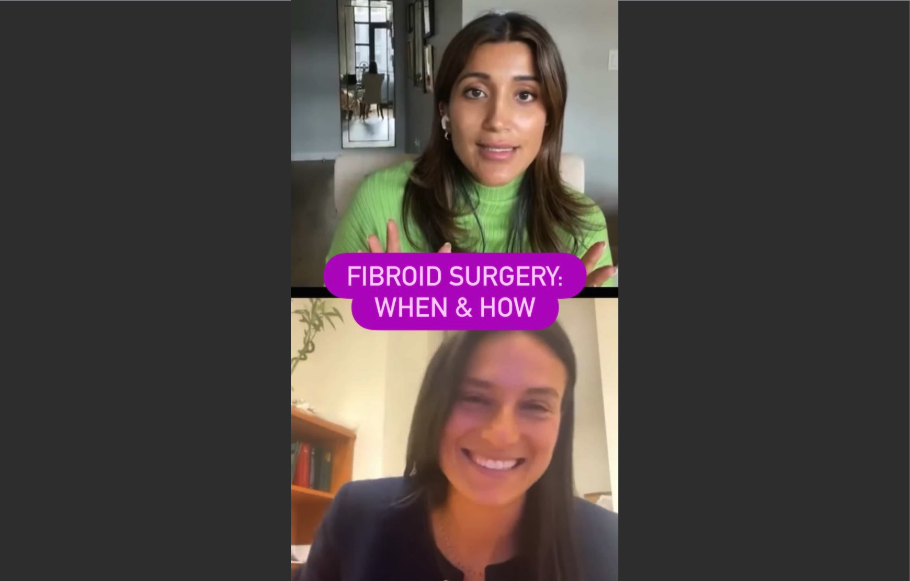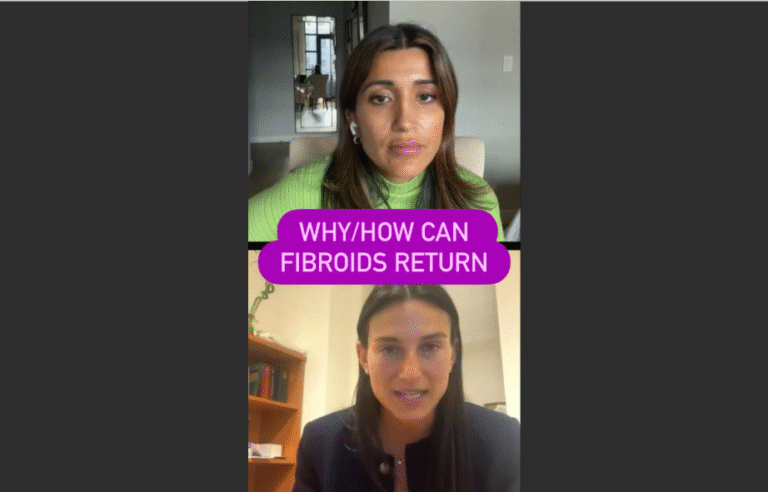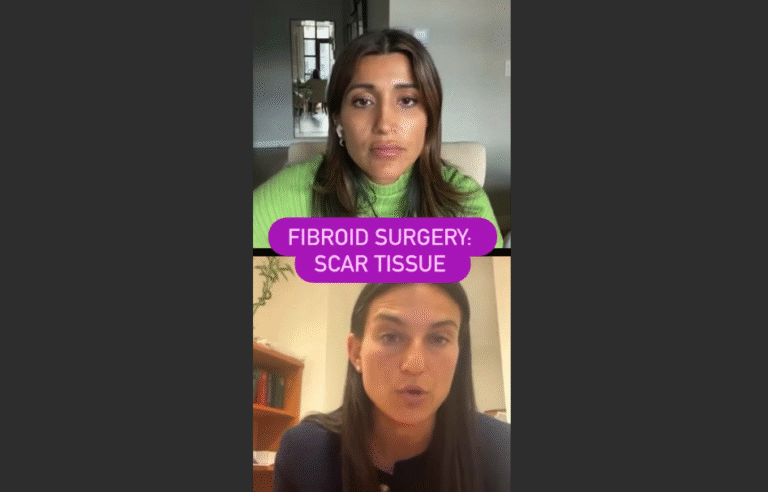When to Consider Fibroid Surgery
Surgery for fibroids isn’t a blanket recommendation—it’s a personalized decision shaped by your symptoms, fertility goals, and what imaging reveals beneath the surface. In this video, Dr. Leigh Rosen and reproductive endocrinologist Dr. Lucky Sekhon share how they collaborate to help patients decide when surgery makes sense—and when it can wait.
Key insights include:
- Fibroid location matters more than size—especially if you’re trying to conceive
- MRI and physical exams often reveal issues missed by size-based assessments alone
- Submucosal fibroids or those distorting the uterine cavity often require surgical intervention
- Addressing all fibroids—not just the biggest ones—is critical for fertility outcomes
- Collaborative care ensures both the uterus and ovaries are protected for future family-building
If you’ve been told surgery isn’t necessary—or that it’s your only option—this video can help you understand what a more individualized, fertility-aligned plan really looks like.
Your care should never feel like a guessing game. With coordinated expertise, we help guide your next step with confidence.
Related Article: Inside the OR: Open Hysterectomy for Uterine Fibroids and Stage 4 Endometriosis












